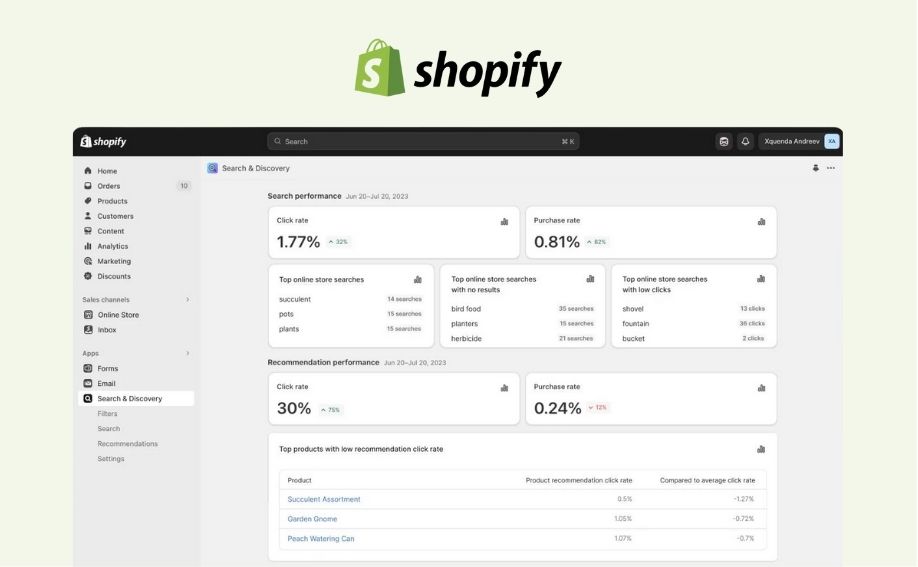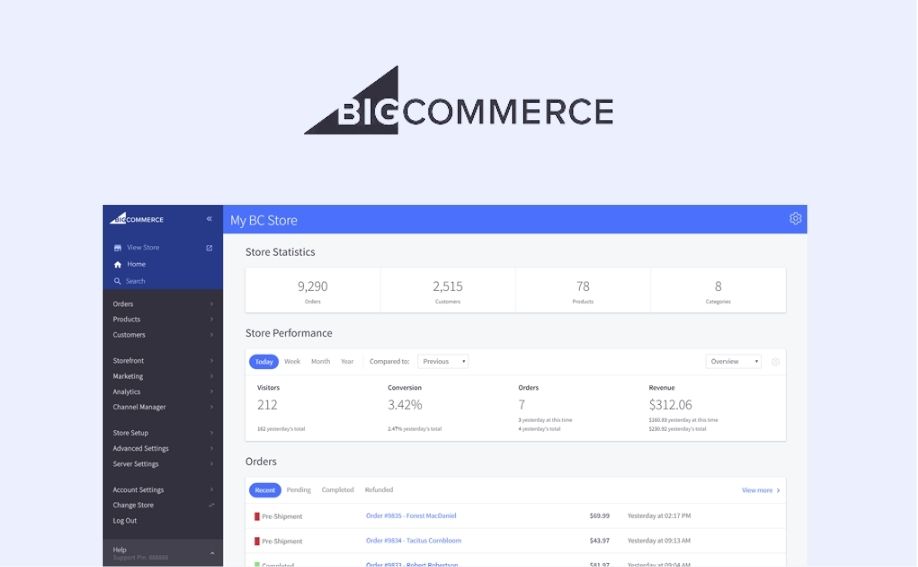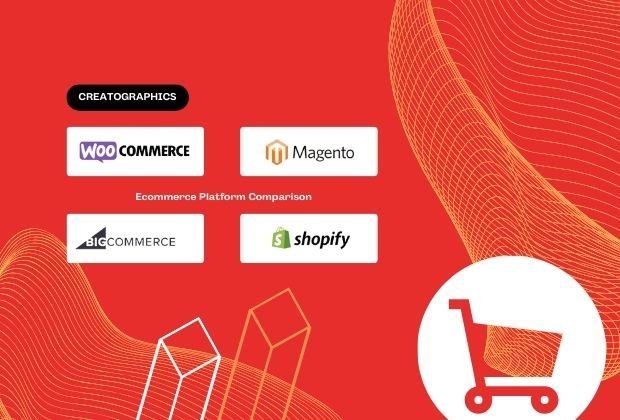Choosing the right ecommerce platform is a critical decision for any online business. It can impact everything from your store’s functionality to your customer’s shopping experience.
Four popular options in the e-commerce landscape are Shopify, WooCommerce, Magento, and BigCommerce. In this comprehensive comparison, we’ll dive into the pros and cons of each platform to help you make an informed choice for your online store.

- Pros
Ease of Use: Shopify is renowned for its user-friendly interface, making it an excellent choice for beginners. You can set up your store quickly, even without extensive technical knowledge.
Hosted Solution: Shopify handles hosting, security, and updates, reducing the technical burden on store owners.
App Store: Shopify offers a vast app store with numerous plugins and integrations to extend your store’s functionality.
Mobile-Responsive: Shopify themes are designed to be mobile-responsive, ensuring a seamless shopping experience on smartphones and tablets.
24/7 Support: Shopify provides round-the-clock customer support to assist with any issues.
- Cons
Transaction Fees: Shopify charges transaction fees for third-party payment gateways if you don’t use their own payment system.
Customization: While customizable, Shopify’s themes can be limited for stores with unique design requirements.
Subscription Costs: The monthly subscription cost can add up, especially when using paid apps and themes.

- Pros
Flexibility: WooCommerce is a WordPress plugin, giving you full control over your website’s design and functionality.
Open Source: It’s open-source software, which means it’s highly customizable and has an active developer community.
Cost-Effective: WooCommerce itself is free, and you only pay for hosting and additional plugins if needed.
Content Integration: Easily integrate a blog or content marketing strategy with your online store.
SEO-Friendly: WordPress and WooCommerce offer excellent SEO capabilities.
- Cons
Self-Hosting: You need to manage your hosting, security, and updates, which can be more complex for beginners.
Technical Knowledge: Requires some technical expertise to set up and maintain.
Plugin Dependency: Some essential features may require third-party plugins, which can increase costs and complexity.

- Pros
Scalability: Magento is highly scalable, making it suitable for both small and large businesses.
Customization: Offers extensive customization options, making it a robust choice for unique ecommerce needs.
Large Community: Magento has a large community of developers and users, providing support and resources.
Multi-Store Management: Manage multiple stores from a single admin panel.
- Cons
Complexity: Magento is complex and can be challenging for beginners and smaller businesses.
Resource-Intensive: Requires powerful hosting and can be resource-intensive, leading to higher hosting costs.
Cost: The Enterprise edition comes with a hefty price tag, and even the Community edition can have additional costs.

- Pros
Built-in Features: BigCommerce offers a wide range of built-in features, reducing the need for third-party apps.
Scalability: Suitable for businesses of all sizes, with features for growth and expansion.
Security: BigCommerce provides excellent security and compliance features.
Multi-Channel Selling: Easily expand to sell on social media and marketplaces.
- Cons
Cost: BigCommerce pricing can be higher than some competitors, especially for larger businesses.
Limited Customization: While it offers customization, it may not be as flexible as WooCommerce or Magento.
Learning Curve: It can take time to learn the platform, especially for newcomers to ecommerce.
Conclusion
The right ecommerce platform for your business depends on your specific needs, budget, and technical expertise. Shopify and BigCommerce are user-friendly options suitable for beginners. WooCommerce offers flexibility and is cost-effective but requires more technical involvement. Magento is a powerful solution for large enterprises with the budget and resources to manage its complexity. Carefully consider your requirements and priorities to select the platform that best aligns with your ecommerce goals.

